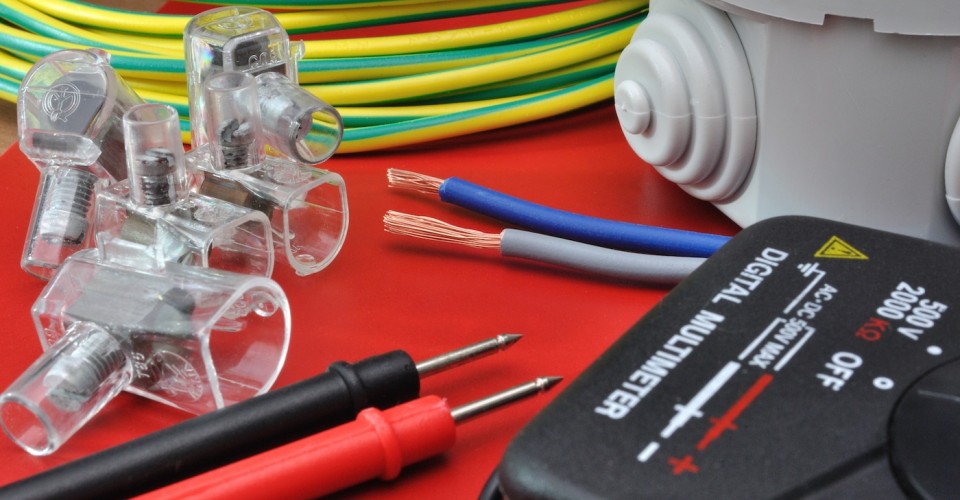Home security systems are meant to provide protection for your home, family, and valuables. To find the right fit for your home, alarm systems not only warn you of intruders, some also sensor fire, water damage, and carbon monoxide gas. While there are simple DIY home security systems available, many require complex installation and maintenance. When it comes to professional monitoring, a contract can be key to your safety as a homeowner.
A contract is a legally binding agreement that holds contractors responsible for the work completed in a home. To ensure proper function and installation of your security system, consider having a contract in place.
How do you get a contract?
Before installation, a written document provided by your professional should be approved and signed. Many alarm system companies have standard contract terms and conditions available. Once submitted by your signature, the terms of service will be accepted by both you and your professional. There are several items to include in this type of contract, so make sure all elements are covered before agreeing.
What should be included in the contract?
A contract should consist of all expectations to be met between two parties. It establishes legal protection in case any malfunctions or problems were to occur during the project. Your contract should include:
- The contractor’s business name, address, phone number, license number
- Your name and contact information
- A written description detailing security system installation, as well as all work performed and by whom, including automated items used (for example, lights, alarms, video surveillances and sensors)
- Written expectation of payment schedule and deposit amounts including monitoring
- System testing and troubleshooting requirements in both daylight and after dark for high quality image capturing
- Note of necessary permits
- Detailed instructions for cleanup to ensure removal of debris or leftover materials
- Pricing regarding equipment rentals for installation
- Necessary warranty information
These are major items to include in your contract. It is also a good idea to add a clause that the contractor can be fired at any time for faulty work, creating a fire hazard or for improper installation, as the process can be detailed depending on the type of security system.
What are the Pros and Cons of Having a Contract?
It is in your best interest to sign a contract for your home automation and security alarm system. The pros outweigh the cons in having a contract for this project. On the plus side, homeowners can take action if the system is not working properly and the contractor refuses to correct the issue. As a homeowner, you can also request that work be stopped at any time and refunds be issued.
Top home security companies such as ADT offer the option for professional installation service. At times these companies also require monitoring contracts for traditional security systems that can vary from 24-36 months, depending on location. Make sure to look over the terms and conditions per company and state.
Some negatives may exist when dealing with a contract for your alarm system. Certain companies have monthly monitoring fees and additional charges for fixing problems within your home security system. For example, needing new batteries or a faster alarm response time may result in excessive service charges. Contractors may also be unwilling to comply with certain clauses, such as being docked pay for contractor related delays, taking excessive breaks or not filling in holes made to run wiring. This can be avoided by making changes or alterations to your contract.
What happens if you need to alter, change or cancel a contract?
Your safety is number one when it comes to home security systems, so the ability to make changes in your contract to ensure top-notch protection is a must. Record and submit a written change order document to your contractor that is signed by both parties and attached to the original contract. Some changes that might occur are upgrading equipment or adding additional security cameras and window alarms.
If the contract is violated by one or all of the parties, the contract may need to be cancelled altogether. Depending on contract and state, some penalties may be present in the act of voiding a contract, so make sure to read all aspects of the agreement from early termination fees, additional charges and license information.




